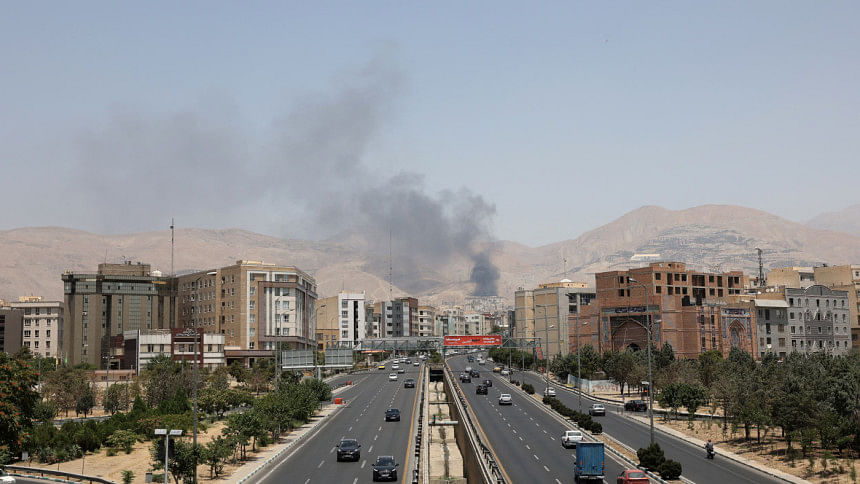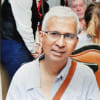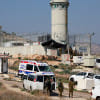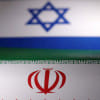How Iran's authoritarian rule became its greatest vulnerability

What is Iran's most significant vulnerability that the recent 12-day war with Israel has uncovered? The conflict led the Iranian authorities to report more than 600 deaths and nearly 4,800 injuries from Israeli strikes, while Iran's retaliatory bombings led to around 30 casualties in Israel. However, the gravest concern in this conflict is not the casualty figures or how destructive and advanced the weaponry both sides deployed were. It's the stories emerging about how deeply Israeli intelligence infiltrated the innermost circles of Tehran's security systems. The case of Catherine Perez-Shakdam, a French-born journalist who reportedly spent years infiltrating Iran's top circles, highlights this chilling vulnerability.
Perez-Shakdam infiltrated elite circles, gaining the trust of top regime loyalists, using her most effective weapon—charm—to befriend the wives of Iran's high-ranking government and military officials. Whether the allegations about her being a Mossad operative are true or not, her story highlights a key weakness in Iran's security system. Reports indicate that Mossad infiltrators smuggled precision-guided weapons and set up a drone base near Tehran, targeting air defences and ballistic missile launchers, which crippled Iran's ability to mount a counterstrike. But how could Israel get this far?
Iran's greatest weakness isn't its ageing military equipment or its isolated economy. It's the very nature of its authoritarian system. When a government rules through fear and oppression, it creates the conditions for its own downfall. Citizens become potential assets for foreign intelligence, not because they are traitors but because they yearn for the freedom their government denies them.
The regime's brutality towards its people has created a reservoir of resentment that foreign powers can exploit. Every protester imprisoned, every woman beaten for removing her hijab (remember Mahsa Amini), every journalist silenced, represents not just a human rights violation but a strategic fault line. In a system where trust is replaced by surveillance and loyalty is coerced rather than earned, the very foundations of national security become compromised.
This does not mean that all Iranians unhappy with their rulers are potential spies; most are patriots with unquestionable loyalty to the country. Iran's cinema, which has consistently produced excellent, award-winning films despite stringent government restrictions, aptly illustrates this point, highlighting the strategic fault line.
Mohammad Rasoulof's The Seed of the Sacred Fig (2024), which received the Cannes Film Festival's Special Jury Prize, employs the metaphor of the strangler fig to illustrate how authoritarian power ultimately destroys the very society it aims to protect. The strangler fig is a parasitic plant that encircles a host tree, eventually choking it to death. A government judge's family unravels when they decide to defend anti-government protesters instead of supporting the regime. The judge, symbolising the state's authority, becomes isolated even within his own family. Events lead to a tragic ending for the once-loving family—a powerful metaphor for how authoritarianism ultimately destroys itself.
My Favourite Cake (2024) by Maryam Moghaddam and Behtash Sanaeeha captures the profound longing of everyday urban Iranians for the freedoms they enjoyed before the revolution. The film's elderly protagonist represents a generation that remembers a different Iran, one where women could dance, where music filled the air, and where life was lived with less fear. Her quiet rebellion against the regime's restrictions speaks to the millions of Iranians who carry similar memories and yearnings.
The government banned both the films and prosecuted the directors, ignoring the deep social discontent they reflected, which can have far-reaching strategic implications.
It's not just the weapons systems, troop movements, and tactical capabilities that underpin national security. The Iran-Israel confrontation reveals something more fundamental: the strategic importance of legitimacy. Iran could be much stronger if not for the alienated population that its merciless authoritarian rule has created with its systemic oppression.
A 2024 Human Rights Watch report states that the government continues to execute political opponents and dissidents on flimsy charges, severely restricts freedoms of assembly and expression, and conducts widespread prosecutions of women and girls for not wearing the hijab in public. An intensified crackdown on activists and human rights workers, using harsher measures and severe sentences, has become the norm to suppress dissent and silence opposition voices. These actions have created an atmosphere of fear and disdain towards the government among a large portion of the population.
When citizens feel betrayed by their government, they become susceptible to foreign recruitment. When intellectuals and professionals are imprisoned for their beliefs, they may seek allies elsewhere. When young people see no future in their own country, they might view foreign powers as an enemy of their enemy, making them potential allies.
This is the fate of authoritarian systems: they become so reliant on fear and control that they can't adapt to change. They don't trust their own citizens, so they miss out on their talents and loyalty. They can't tolerate dissent, which stops them from learning from mistakes. They won't allow freedom, so they can't generate the motivation needed for the national security ingrained in the society.
Iran's rulers might have missiles, drones, intelligence services, and revolutionary guards. Yet, their vulnerability lies deep within the minds of their people, where even such a complex security system would be utterly ineffective. In their attempt to control everything, the leaders left the country exposed to a major security threat. The sacred fig they planted in their society might slowly suffocate the very nation they claim to protect.
Dr Sayeed Ahmed is a consulting engineer and CEO of Bayside Analytix, a technology-focused strategy and management consulting organisation.
Views expressed in this article are the author's own.
Follow The Daily Star Opinion on Facebook for the latest opinions, commentaries and analyses by experts and professionals. To contribute your article or letter to The Daily Star Opinion, see our guidelines for submission.

 For all latest news, follow The Daily Star's Google News channel.
For all latest news, follow The Daily Star's Google News channel. 










Comments